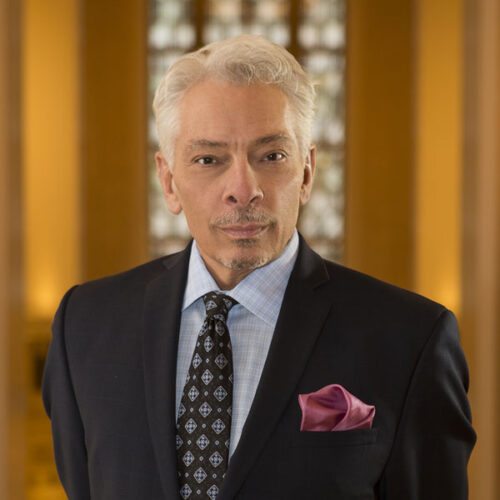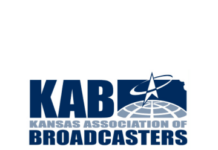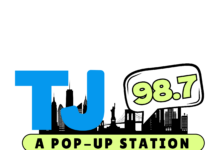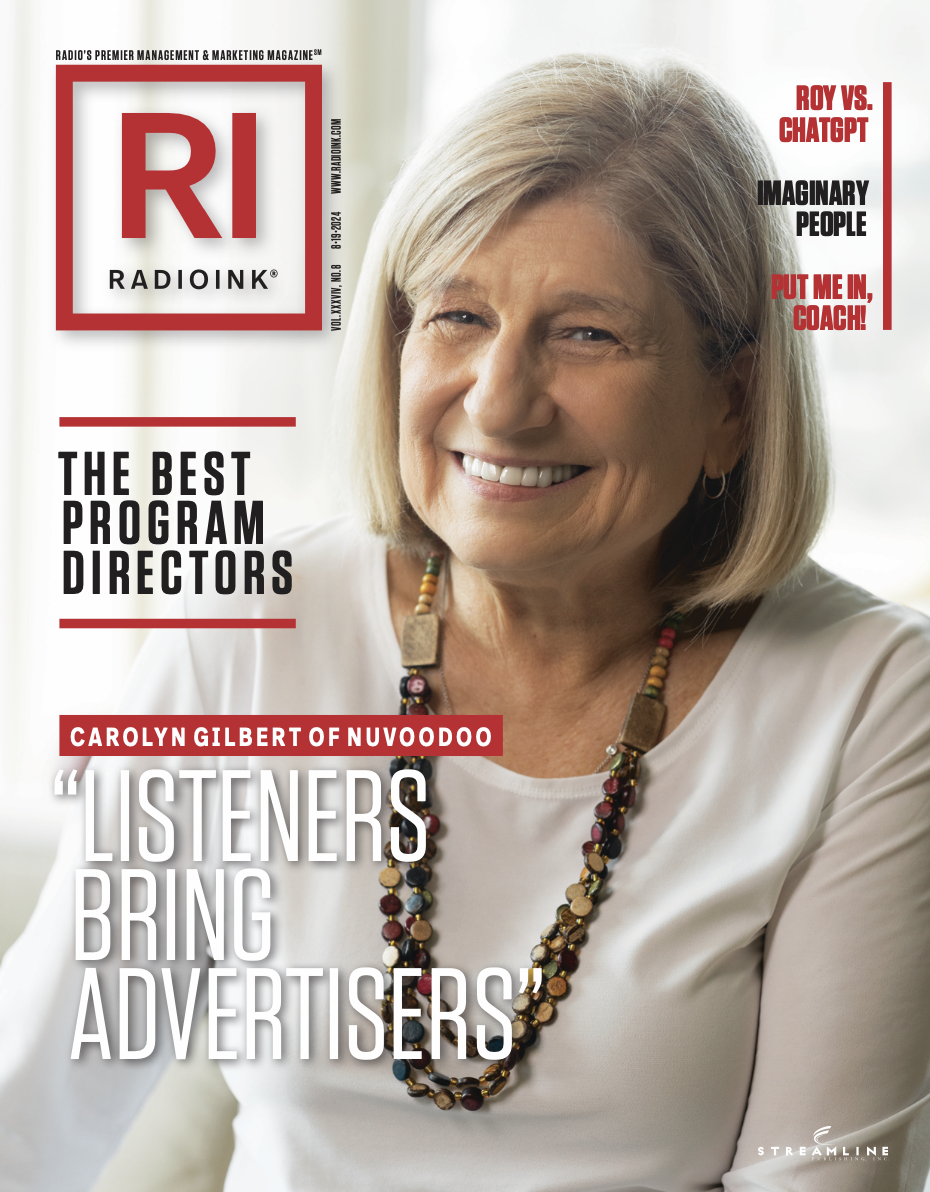
(By Mike McVay) This month’s Radio Ink magazine acknowledges the Best Program Directors in America: a salute to those responsible for content creation and management who have and are consistently programming their radio stations to successful positions.
Whether the title is Program Director, Brand Manager, Showrunner, or Content Officer, the role is an evolution of that job which is most commonly referenced as “PD.” PDs are responsible for everything that comes out of a speaker.
The role of the Program Director has changed dramatically over the last few decades. There was a time when every station had its’ own unique programmer. One PD for one station. PDs selected music (or News, Sports, or Teaching topics in the case of spoken word stations), coached talent, and interfaced with Promotion Directors, Sales Managers, and the audience. PDs wrote promotional messages, liners, and sweepers. They oversaw the imaging of the radio station, and commercial production, and worked with the engineers to ensure the audio quality of the content was at a high level.
Today, in many cases the PD does much of what’s noted in the previous paragraph, but technology exists that has enabled them to multitask as a part of their everyday job. That in itself is beneficial as many PDs oversee multiple radio stations. Many PDs oversee regions that have some geographical benefit to clusters within a company. It has almost become a luxury to program one radio station in one market. Yet, arguably, a station must be Top 3, or Top 5 in larger markets, to get the advertising buy.
The question of success becomes how deeply involved a Program Director is in their local market and how involved their competition is in that same local market.
I spent 28 years as a consultant before joining one of the largest radio companies in America where I spent almost 9 years before returning to and recommitting to my consultancy. I’ve seen firsthand the desire to reduce cost, making the role of the PD expendable, and witnessing the rating erosion that followed situationally. What I am seeing today is beyond that. Be it technology, cost reduction, or centralized content creation, the PD is an endangered species.
Some months back, I wrote here the best traits of talent and that led to much thought and discussion about the best traits of highly successful Program Directors. That instigated this missive.
The role of the PD is being discounted when it should be elevated. The need for Programmers to place their stations at the top of the ratings is critical. Less advertising money being spent on radio means you have to put your station in a position to be in the discussion to get all or part of the buy.
The very best Program Directors know who their audience is, what their audience is looking for from a radio station, how to give it to them, and can “hear” their radio station in their head. They have a sound in mind. They know how to lead and encourage their air talent to match that sound, how to have their imaging enhance that sound, how to collaborate with sales and promotion to entice the target audience, and how to create a consistent sound across their radio station – without creating a sameness of sound that equates to sounding boring.
They know how to hire air talent who have special skills, are highly entertaining, creative, and committed to working to deliver special content every time they turn on the microphone, and they know how to allow those same talent to do what they do best. Likewise, they know how to work with, engage, and motivate the talent that are already at their radio station when they arrive as a new PD to that station.
The very best PDs are driven to succeed, tireless, creative, focused, organized, motivational, know how to manage up – down – sideways, understand ratings methodology and how to maximize the ratings system to get credit for the audiences’ use of their station, understand research and how to implement the results of whatever study has been conducted, and they know everything possible about their target audiences lives within their community.
They understand marketing, promotions, how to design a format clock where each quarter hour is strong enough to live on its own, how to select and “play the hits” whether “the hits” is a song or a hot topic on a spoken-word station, and they know when to break format. There are times when breaking format is the absolute right thing to do. Too many today allow rare special moments to pass without taking advantage of that opportunity to create talk among your audience by breaking format.
The very best PDs understand that they work for the talent. Their job is to help an air talent perform at a high level, by providing them with the tools and guidance they need or want, and it is to positively coach and motivate them. I learned much more in my career from the amazing talent that I have worked with than I did from any manager that I worked for as a PD.
Where there are great Program Directors, and all things are equal, those stations almost always win in the ratings.
There was a moment during my stint at the aforementioned company where we were without a PD in a major market for several months while we conducted a national search. The legendary Scott Shannon, known for many wins including his success at Q105/Tampa, Z100/NYC, and WPLJ/NYC, said to me … in his trademark punctuated speech pattern … “One thing I’ve noticed about all successful radio stations (pause) they all have a PD.” Of course Super Shan is right.
Mike McVay is President of McVay Media and can be reached at [email protected]. Read Mike’s Radio Ink archives here.










There’s a lot here, Mike, and I’m glad you wrote it.
I once programmed for a very short time, a Hot AC in a very unque market with three Hot AC/AC’s. Even before I started, I did my homework and research. The owner, GM, and consultant were a bit clueless as to the AC battle. Each of the stations used the word, “mix” in their slogans. One of the radio stations was actually called, “Mix”. This was just one of the many issues I found.
How was this allowed to happen? Apparently they never had a brand manager who was programming “locally”. It was all dictated to him.
“WLPJ.” MacVay never was one for attention to detail.
Argh! Hate that a typo went through. Thanks for calling attention to it Judy. We can fix that through the magic of digital. 🙂
Ahhh…I remember those days. Great article, Mike!
Spot on, as usual, Mike McVay!
Is this the one and only D.J. Al Gordon? Wow!!
Could be…could be (as one of my mentors the late great Don Wright said when I called him on WRMF and asked if he was the Don Wright we all remember from WFUN)…
Well, then, I am starstruck 🌟.
Keep up your good work, radio at its best 📻
Awesome article Mike! I can hear Scott say that right now. He’s the best.
You forgot “format captain”. LOL
And why should each station have a PD when one guy can create music logs for all the stations, them push them out to the various automations through out the country? And let’s be real, that’s all a PD, um “format captain” does now. Everything is becoming more and more centeralized. Below the top 10 markets, just about everything is done from a remote location.
Meanwhile, nobody is watching the store.
💯